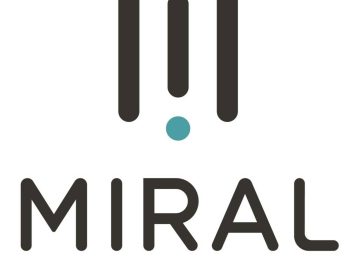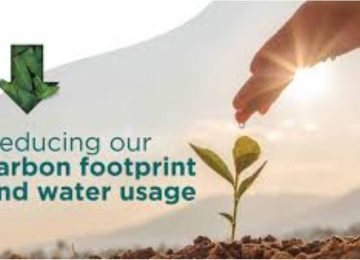In a significant stride towards integrating sustainability with business valuation, four leading professional organisations—the American Society of Appraisers (ASA), Chartered Business Valuators Institute (CBV Institute), Institute of Valuators and Appraisers, Singapore (IVAS), and the Royal Institution of Chartered Surveyors (RICS)—have jointly released a comprehensive new guide focused on Environmental, Social, and Governance (ESG) considerations. This pioneering publication is designed to equip business valuation professionals with the tools and frameworks necessary to effectively incorporate ESG factors into their valuation processes.
The new guidance arises in response to increasing stakeholder demands for transparency regarding ESG-related risks and opportunities that may materially affect an enterprise’s value. Amid a rapidly evolving regulatory landscape, where sustainability disclosures have become mandatory in many jurisdictions, valuation practitioners face growing pressure to embed ESG insights within business valuations.
Developed with the support of the International Valuation Standards Council (IVSC), the guide expands on ESG elements outlined in the International Valuation Standards (IVS), which are principles-based frameworks that set the global benchmark for valuation methodologies. The most recent iteration of the IVS, which took effect on 31 January 2025, notably incorporated ESG considerations into its core standards, reflecting the sector’s shift towards sustainable valuation practices.
The new ESG guidance provides detailed methodologies for identifying, assessing, and quantifying ESG-related risks and opportunities across sectors and geographies. It offers practical advice on how to gather relevant ESG data, evaluate its materiality, adjust valuation assumptions accordingly, and transparently disclose ESG factors in valuation reports. The guide also emphasizes integrating ESG factors at all valuation stages, from initial scoping and analysis to final valuation conclusion, ensuring consistency and rigor in assessments.
“This guidance represents a critical step for valuation professionals as they navigate the complexities of ESG integration,” said a spokesperson from the CBV Institute. “By aligning ESG assessment with internationally recognised valuation standards, this publication empowers practitioners to provide more comprehensive and accurate valuations that reflect today’s environmental and governance realities.”
Moreover, the guidance underscores the importance of collaboration between valuers, ESG experts, and corporate management to accurately interpret and incorporate non-financial ESG information. It offers case studies and sector-specific examples to illustrate best practices, helping valuation professionals address common challenges such as data gaps, evolving regulatory requirements, and differing stakeholder expectations.
The guide also serves as a valuable resource for businesses preparing to meet stringent new sustainability reporting requirements, including the IFRS Sustainability Disclosure Standards (IFRS S1 and S2), the European Sustainability Reporting Standards (EU ESRS), and the U.S. Securities and Exchange Commission’s climate-related disclosure rules.
Available exclusively to members of the participating organisations—ASA, CBV Institute, IVAS, and RICS—the publication can be accessed via their official websites. This collaborative initiative highlights the growing convergence of valuation accuracy and sustainable business practices, underscoring ESG’s rising prominence in global financial markets.













